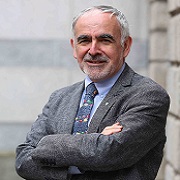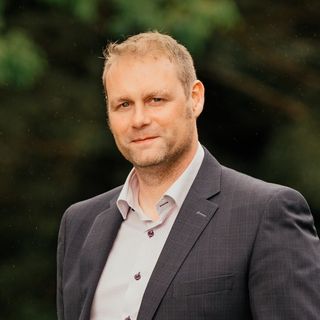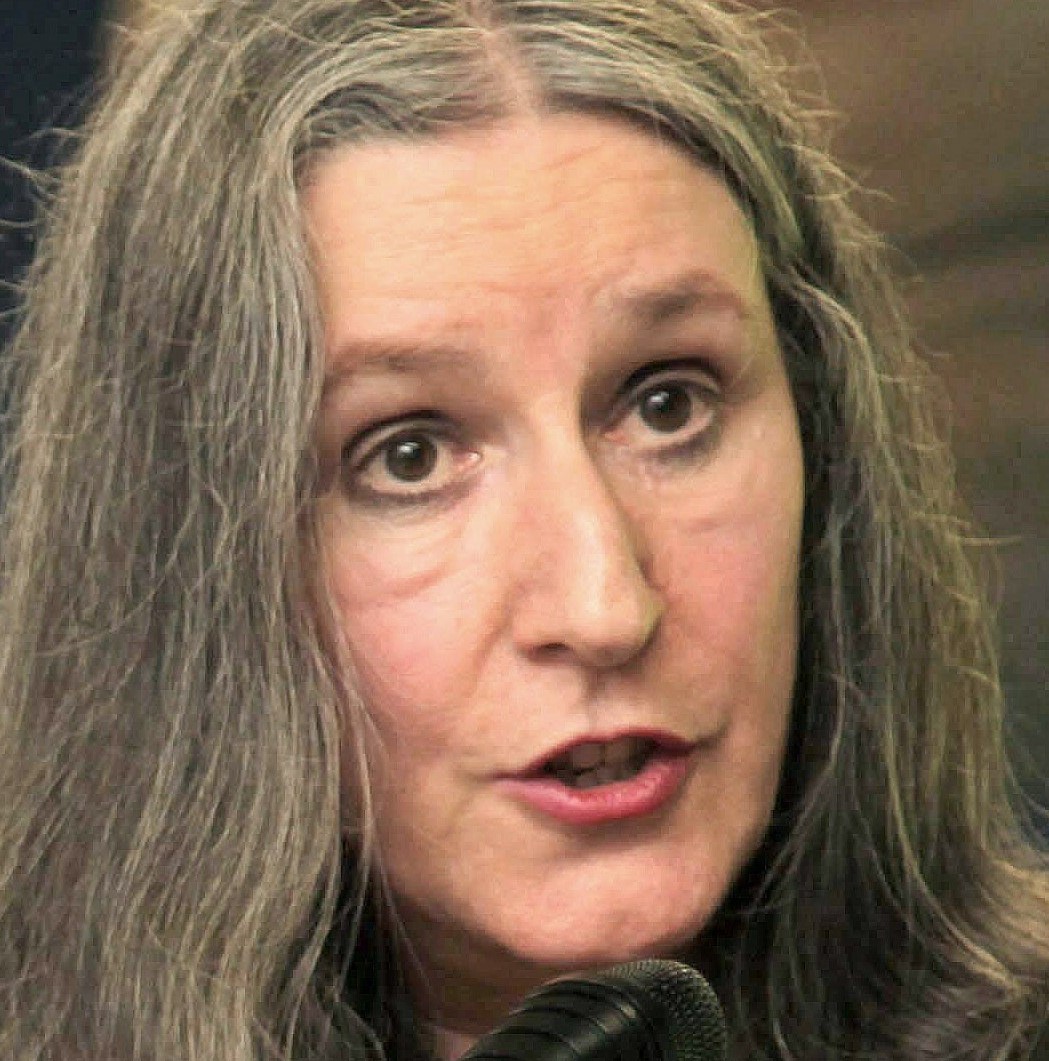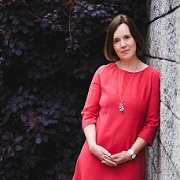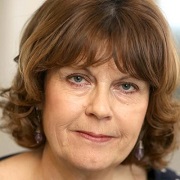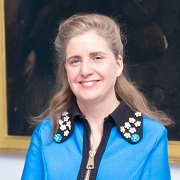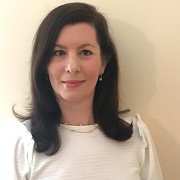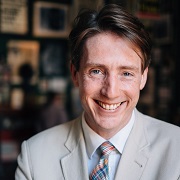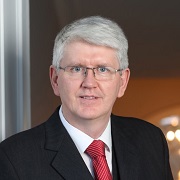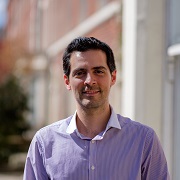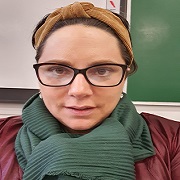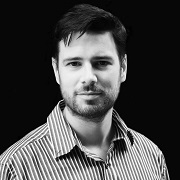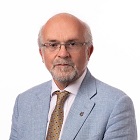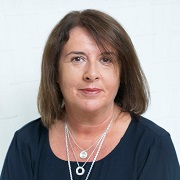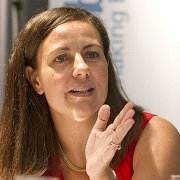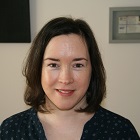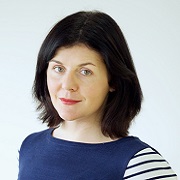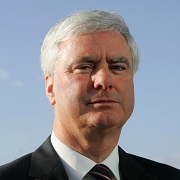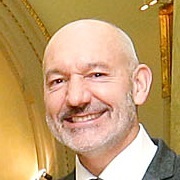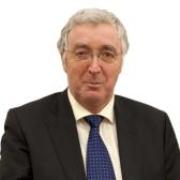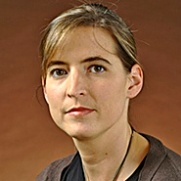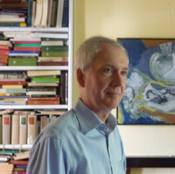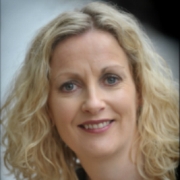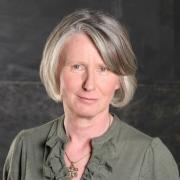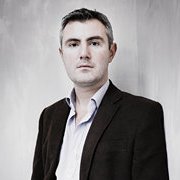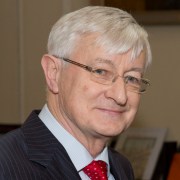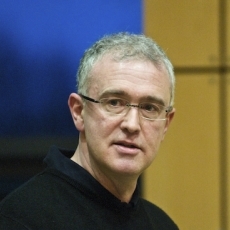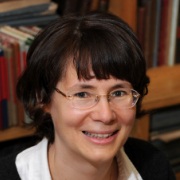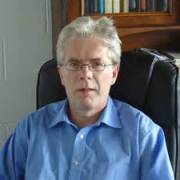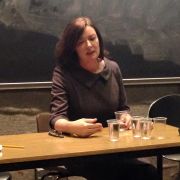One of the most attractive features of medicine for me has been the constant presence of the humanities threading through my personal narrative and that of my profession. Ed Pellegrino was a key figure in the formalization of both the medical humanities and bioethics in modern medical discourse: at all stages I have sensed the reality of his dictum that medicine is the most humane of the sciences and the most scientific of the humanities.
During my undergraduate career I was fortunate to engage with theatre (Salomé in French!) and choral music within the university, and was exposed to a broad range of influences during my course, from Ivan Illich to Susan Sontag, Thomas Szaz and RD Laing. It was telling that my first two peer-reviewed papers arose from the medical humanities, overviews of the physician composer Borodin and influences of medicine on Berlioz.
As I progressed through my career, I have always found a warm reception for the humanities and arts from my colleagues, whether through enthusiastic participation in our National Centre for Arts and Health at Tallaght University Hospital or engagement with teaching or research projects such as that based on aesthetic deprivation in healthcare settings. Nearly all of journals include elements of the medical humanities: my first stop every Friday is to check the Perspectives section of the Lancet (impact factor 53.24!) which includes essays and reviews of theatre, film, etc.
The key impact of the humanities in medicine is to provide a fuller picture of what it means to be human, to be well, to suffer, and to experience the healthcare system. In so doing it liberates us from what Michel Foucault termed the ‘medical gaze’. It frees us equally from other professional ‘gazes’, including nursing, sociology and psychology. The subtleties and complexities explored through the humanities help us to understand and navigate the tensions between phenomenology – dealing with each of us as unique – and nosology, the drive to classification that protects us from encyclopaedism.
In a broader sense the humanities also create a common space between patients and practitioners, reminding us of our shared humanity as well as present and future vulnerabilities. It also casts insights into the warmth, humour and tenacity that accompany all challenging experiences, and allow us to rise above defining people by either diagnoses or disabilities.
The humanities are also an invaluable prism through which to illustrate complex and subtle concepts such as the positivities of ageing, medical ethics, pain, or resuming life with disability.
My excitement as an academic is the opportunity for further interdisciplinary scholarship in the medical humanities. I am encouraged by the growth in more formal engagement in the medical humanities in Ireland over the last decade.
The recent conference hosted by the Irish Humanities Alliance and the forthcoming Masterclass in the Medical Humanities in the Royal College of Physicians in Ireland are welcome markers of this trend. In addition, the enthusiasm of national cultural institutions, such as art galleries and theatre to collaborate on projects augurs well for the further development of the medical humanities in Ireland.


